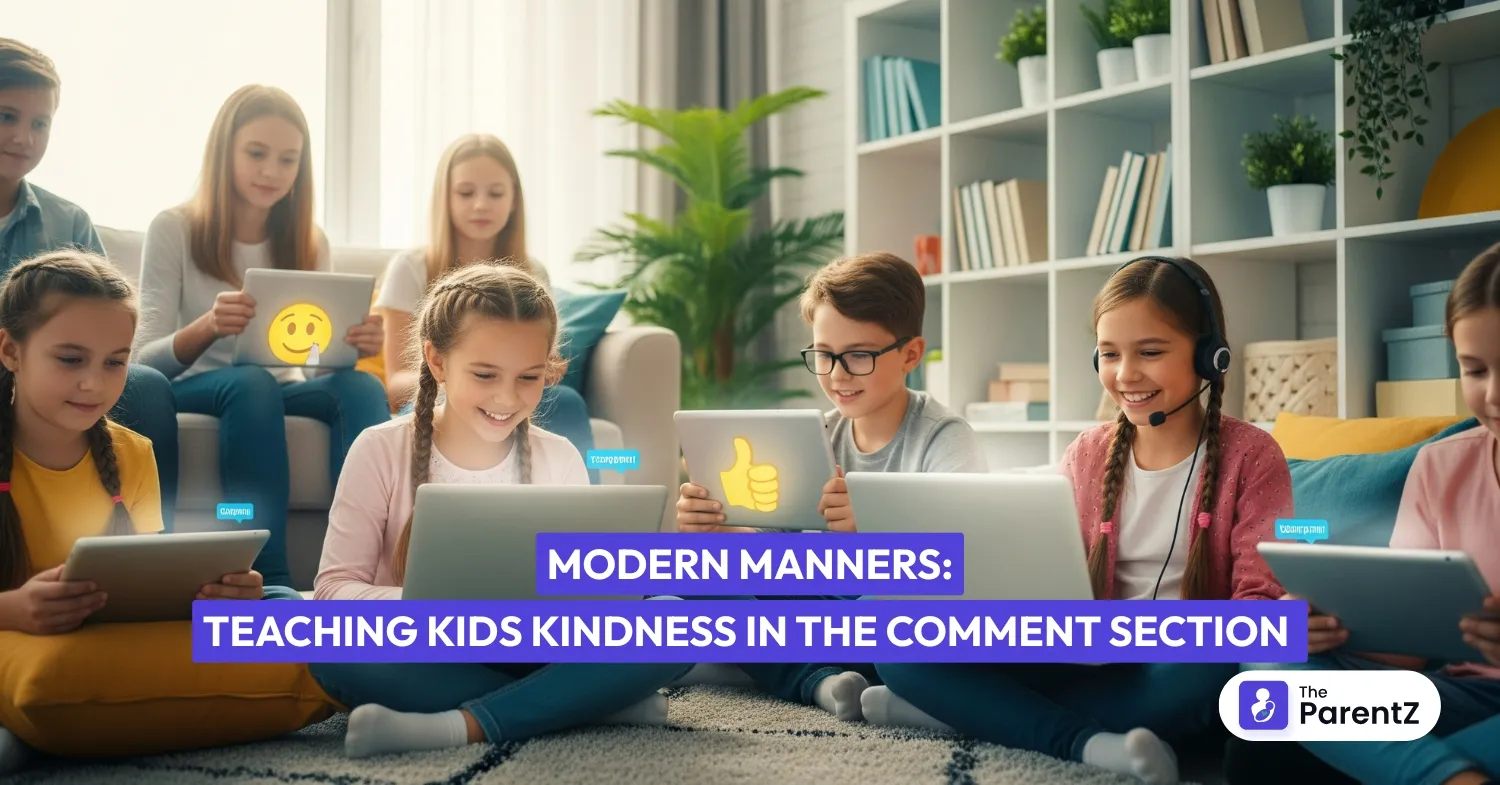There was a time when bullying mostly happened in classrooms, playgrounds, or school buses. But today, a lot of bullying has moved online, and one of the biggest danger zones is something as simple as the comment section.
Whether it’s under a YouTube video, a trending reel, or a post on Instagram, comment sections have become breeding grounds for insults, shaming, and hate. From random strangers throwing around slurs to kids as young as 12 being called out for how they look, the online space can be brutal.
If you’re a parent who hasn’t spent much time reading these sections, you might imagine it as harmless chatter. But the truth is, children are being exposed to language and negativity that even adults struggle to handle. It’s not rare to see racial slurs, sexist comments, body shaming, homophobic abuse, or just plain cruelty typed without hesitation. And kids, whether they are just lurking and reading or actively commenting, are deeply affected.
We cannot fix the entire internet, but we can teach our kids how to navigate it with kindness, awareness, and resilience.
Why the Comment Section Matters More Than We Think
Scrolling through comments might look like entertainment, just the way we sometimes do after watching a funny reel. But for kids, what they read (or type) shapes how they see the world.
- If they see constant negativity, they may start thinking it’s “normal” to say harsh things to others.
- If they’re on the receiving end, it can crush their confidence.
- And if they themselves are tempted to join in the meanness, it could turn into a habit that follows them into adulthood.
The truth is, comment culture is shaping children’s manners and empathy in real time.
Why Do People Say Things Online They Wouldn’t Say Face-to-Face?
This is something we need to explain to our kids, because even many adults don’t understand it.
Online, behind a screen, people feel anonymous and strangely “safe.” They don’t see the person on the other side. There’s no face, no visible hurt, no consequences. Kids need to realize this: just because everyone is being mean doesn’t make it okay.
It’s just like shouting from behind a wall (cowardly and thoughtless). This is where parents must step in and teach courage in kindness.
Teaching Kids Kindness in the Comment Section
- Start with awareness: Show them reality. Don’t sugar-coat the internet. Sit with your child and read a few comment sections together (age-appropriate ones). Point out the tone people use. Discuss how it feels to read such things. This makes kids conscious that words (typed or spoken) carry weight.
- Set rules for your own home: Make an agreement: No hate, no slurs, no cruelty from our family accounts. Ever. Even if “everyone talks like this.” Children should understand that values don’t change when you go online.
- Teach them digital empathy: Before commenting, ask them to imagine the person on the screen is sitting in front of them. Would they say the same thing to their face? If not, then don’t type it either. This one rule alone can stop a lot of unkindness.
- Tell them silence is also a choice: Kids feel pressured to “have an opinion” on every post. Teach them it’s okay not to comment, especially if what they’re about to say adds no kindness, no value, or could hurt someone.
- Prepare them for when they face negativity: It will happen. If your child posts online, sooner or later, they will get hate. Don’t wait for the first incident to happen. Prepare them now: “It says more about the commenter than it does about you.” Guide them on blocking, reporting, or simply walking away instead of engaging.
- Model it yourself: Kids notice how we adults behave online too. Do we engage in dirty fights on Facebook groups? Do we laugh at the cruel trolling of celebrities? If we allow cruelty in our online habits, kids will follow.
Helping Different Age Groups
- Pre-teens (9–12): They may just be entering the online world. Focus on rules and awareness. Sit with them when they browse.
- Teens (13–17): This is where it gets harder. They may already be replying, clapping back, or even trolling. Here, it’s more about conversations than rules. Talk about consequences, empathy, and self-respect in online spaces.
- Young adults (18+): They may shrug off online cruelty as normal. Keep emphasizing that kindness is strength, not weakness.
Why This Is Not a Small Issue
Some parents think, “It’s just the internet; kids should toughen up.” But it’s not that simple. Words cut deep. Cyberbullying has been linked to anxiety, loneliness, and even cases of self-harm in teenagers.
If children grow up believing that cruelty online is normal, we’re not just raising kids who can survive the internet; we’re risking raising kids who contribute to the toxicity. And that cycle will just keep getting worse.
Conclusion
The internet isn’t going away. The comment sections aren’t magically going to clean themselves up. The real question is: how are we preparing our children to face this world?
If we can teach them that manners matter everywhere, like the classroom, playground, living room, and yes, even the comment section, then we are giving them a skill more powerful than any “like” or “share.”
So the next time your child is about to hit “Post,” remind them: Your words might not feel real to you, but they’re very real to someone else.
And perhaps, if we raise a generation that chooses kindness in the harshest spaces, the internet could become just a little bit kinder too.





Be the first one to comment on this story.